Description
This practical, fully illustrated manual is packed with easy-to-run, fun activities for individuals and groups of people with intellectual disabilities who may be at risk of boredom and under-achievement. Recognising the extra restrictions which the covid-19 pandemic is placing on people in supported settings or living with families, the hands-on manual brings together a wealth of tried and tested ideas, specially designed to engage people with diverse learning, physical or behavioural needs, with or without support as needed. Each of the 52 clearly structured activities has plain English guidance to help the person to achieve, plus options to extend it further, utilising everyday resources available in most homes and other settings. The accompanying guidance, based on Adult and Community Education principles, enables support staff and others to provide fulfilling activities led by the interests and needs of the person, and to reflect on delivery of each activity and lessons learned.
Audience
Support staff in all health and social care settings within intellectual disability and autism services, including supported living, residential homes, ATUs, day services and secure settings; Personal assistants, occupational therapists and others organising social and leisure activities; Teachers, teaching assistants and support assistants in secondary schools, colleges and community education with SEND pupils; Informal carers, family members, people with intellectual disabilities and related needs, and volunteers.
Authors
Julie Thorpe is the Director of Advocacy 2 Engagement (a-2-e), a social enterprise which, since 2005, has successfully delivered a flexible approach to engagement, including advocacy, care, training, brokerage, paid work and work experience. She has led successful teams in the public, private and voluntary sectors for 30 years and was a pioneer in the development of Expert by Experience initiatives. As a family carer, she continues to champion the importance of truly valuing the knowledge and expertise of families and informal carers.
Teresa Randon is a qualified adult educator, social worker and advocate. Whilst studying for her first degree at Lancaster University she volunteered supporting young people with learning disabilities. This experience became the spring board for her 30 year long career and inspired her passion to seek meaningful connection and engagement with individuals, to challenge expectations and to enable people to speak up and be heard. She currently works as a trainer, Expert by Experience, co-worker and advocate.
Together, they are driven by a commitment to enable people to be understood and to achieve their greatest level of self-esteem, understanding, self-expression, choice and confidence. They use co-production to design specialist courses relating to speaking-up, safety and independent-living skills. The learning gained from teaching these courses for 15 years to many individuals with diverse needs has informed the development and detail of this publication.
About the Topic
About the topic
Covid-19 led to day services closing, restrictions to usual community activities, and visits with loved ones being curtailed overnight. The Covid19 pandemic continues to limit opportunities for people with intellectual disabilities outside their homes, and in certain service settings, necessary restrictions can further limit engagement in community life. Support staff, families and others have the task of seeking ideas for activities to manage the risk of boredom, offer some structured time to a day and provide achievable fun tasks. Individuals themselves benefit from fun activities where they have the chance to use and develop skills in choice-making, literacy, numeracy, social interaction and daily living. Many settings may have limited resources and no internet, so it is vital that there are easy to pick up activities that make use of everyday materials and objects, and can be run without dependence on technology. Also, it is important that activities and accompany guidance ensure that activities are carefully crafted to reduce the risk of a person feeling overly-challenged, or dissatisfied with their own lives or needs. Activities need to be capable of adjustment or extension so that they can be led by the needs and interests of the person. Finally, the principles of Adult and Community Education should incorporate facility for supporters to reflect on delivery of each activity and lessons learned. Written by experts in education and the involvement of people with intellectual disabilities and autism, this manual meets all these requirements.
Details
ISBN: 978-1913414986
Publication Date: 24th March 2021
—
Table of Contents:
Who is it for?
Structure and Materials
Preparation
Extending Activities
Reading and Writing
Reflection
Activities (52)
Guidance sheets
Activity sheets

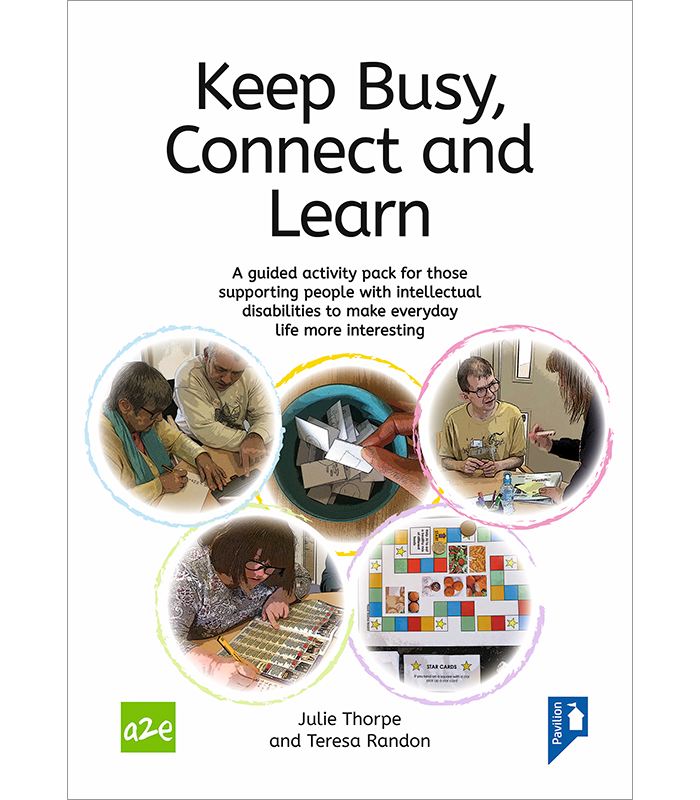
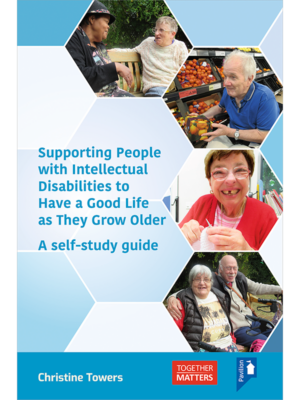
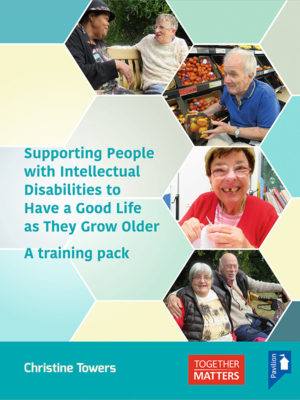
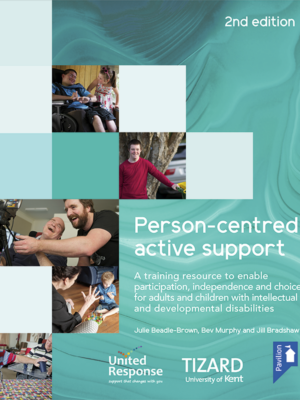
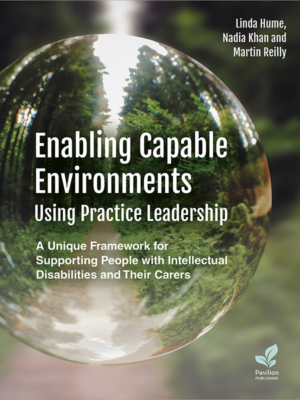
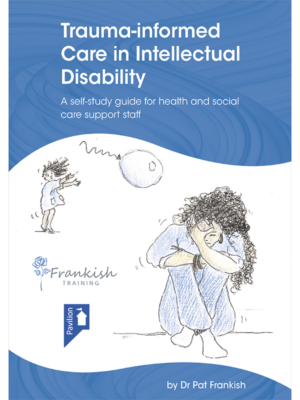
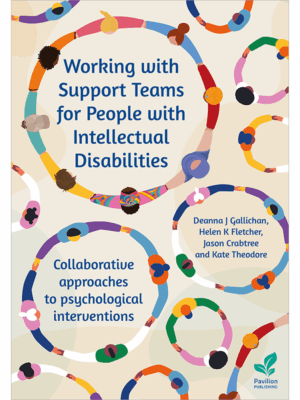
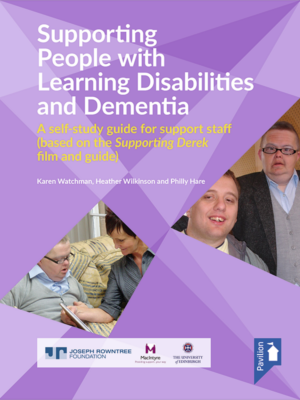
Ruth Iveson, parent –
This book is an incredible resource. Easy to read and easy to follow activities which can be used every day. I used the looking out of the window exercise with my daughter who has extremely high levels of anxiety. It worked brilliantly, despite having looked out of this window many many times. Her anxiety levels reduced dramatically. We looked for shapes and colours and she remained focused for a good 20 minutes.
The museum activity is fantastic and is a brilliant resource to create and “All about Me”. Extremely useful for creating and promoting a person centred care approach.
This book would be an invaluable asset in such a wide range of settings. It creates opportunities to fine tune meaningful activities across all age ranges. For me it has promoted my somewhat lacking skills of creativity.
Steve Shatwell, Chief Executive and Chantelle Welsher, Group Client Services Manager, Reach Learning Disability –
Keep Busy, Connect and Learn is an amazing resource pack. The activities are varied and can be used with people with a diverse range of ability/disability. The activities can be easily differentiated for those who require more of a challenge.
As you would expect, the book is in plain English and uses an accessible font. We have had the opportunity to use this resource throughout our five day centres with great success. We found that some of our more independent learners were happy to use some of the activities at home and in so doing developed their confidence and self-esteem. The quizzes were particularly well received and led to learners asking for more.
The activities can be used to generate conversation between learners and tutors. They also send learners on a journey of self-discovery learning about their preferences, wishes and needs.
The wealth of experience of the authors in the world of intellectual disability shone through on every page. They do not shy away from tackling some of the more difficult subject areas that professionals in this sector face every day.
It is a great resource for anyone wanting to engage and support people with intellectual disabilities. There is, literally, something for everybody in this workbook from personal care to recycling to staying active.
We would wholeheartedly recommend this to anyone working in this field.
Andy Ashley, Inspire: Culture Learning Libraries –
Keep Busy, Connect and Learn is an excellent activity pack, containing a wide variety of interesting and creative activities designed to support people with intellectual disabilities.
The pack is extremely well set out and easy to follow. Instructions are clear, and in plain English, enabling family members, carers, Adult Social Care, Education and Health Care staff and volunteers alike to supervise activities.
The 52 activities cover a wide variety of themes including word searches, quizzes, games and crafts, so there is something of interest for everyone. Activities have been carefully thought out and only require basic resources that can be found around the house. Helpful instructions provide useful tips on introducing each activity, along with suggestions on how to extend the activity further. Careful consideration has been given in order to make the activities accessible to all, and meet the needs and interests of individuals.
The authors have used their years of experience as educators, along with their passion for supporting people with learning disabilities, to produce an exceptional practical tool to help individuals to develop skills and stimulate communication.